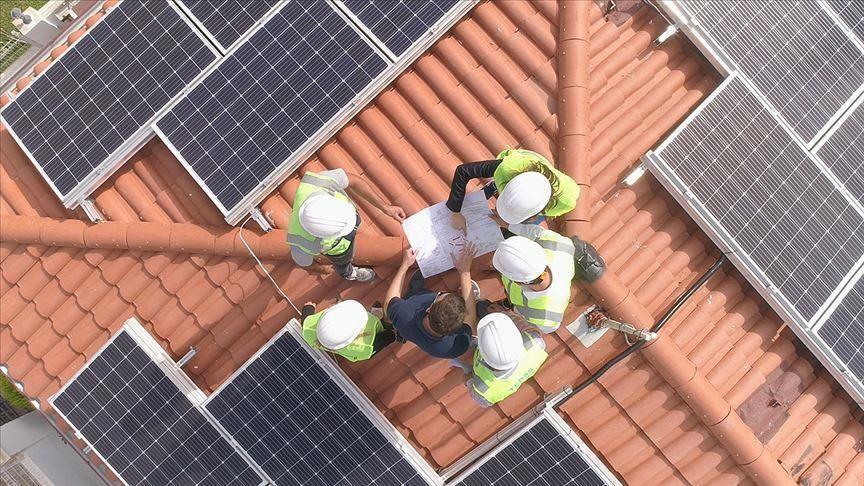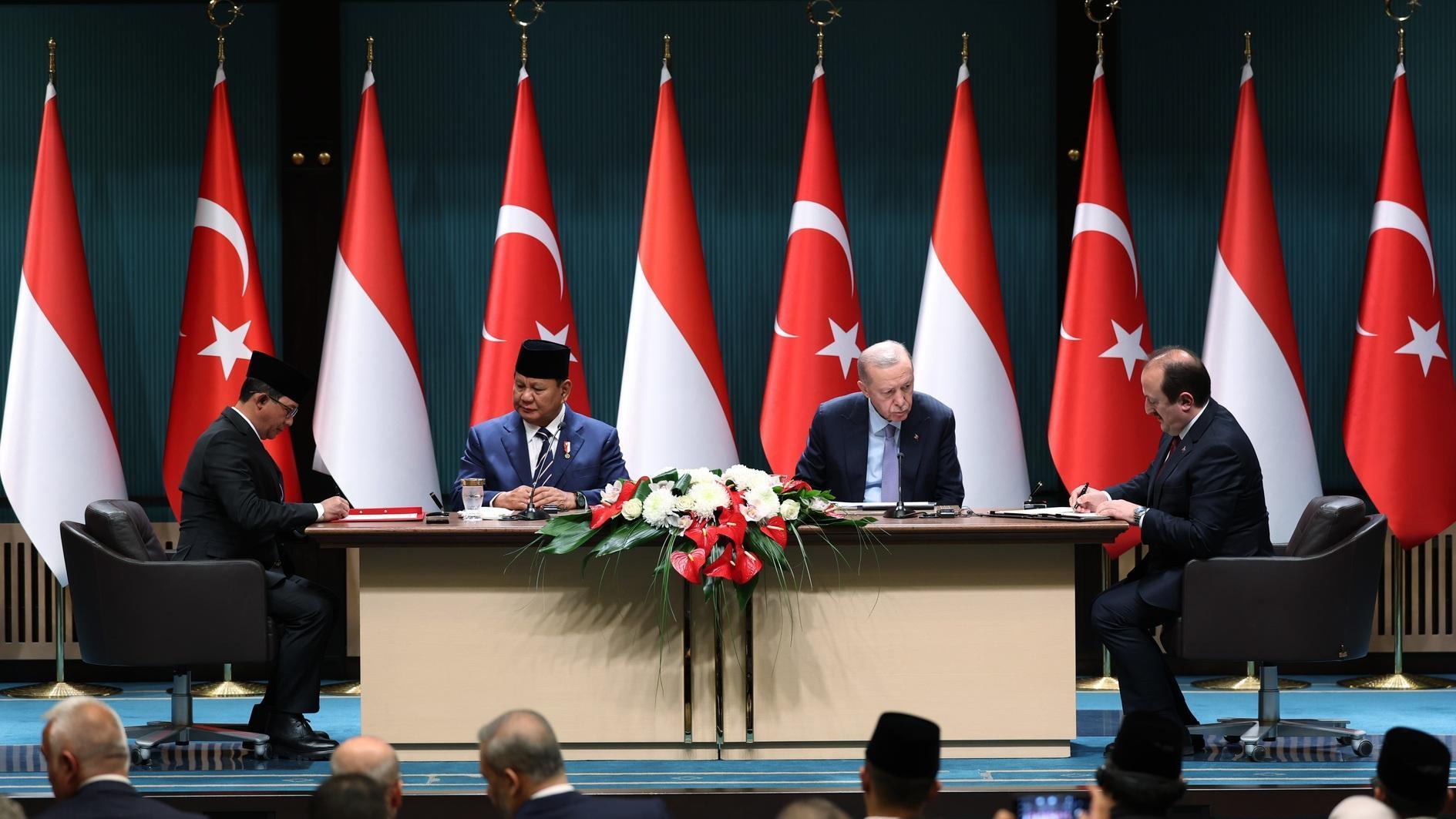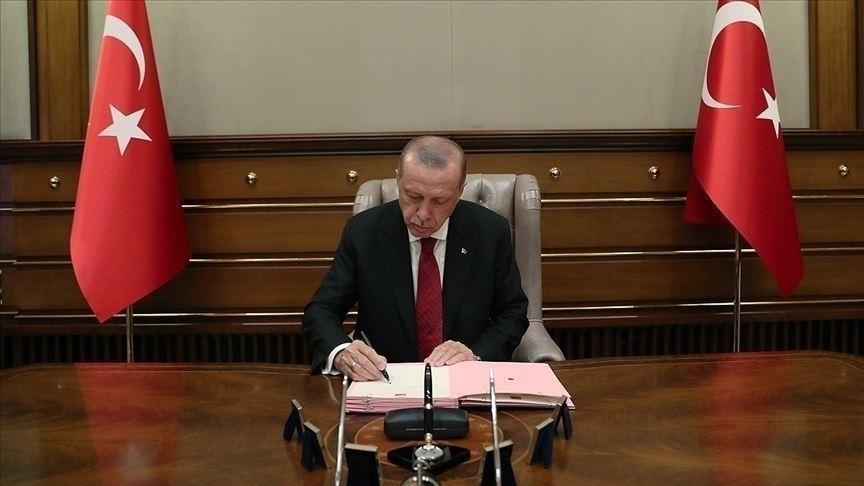Incentives to speed up returns on Turkish rooftop solar
ISTANBUL-Anadolu Agency

Turkey can build on a new support scheme for rooftop solar projects by providing further incentives that would currently reduce the payback period by four years from the current 11-year estimate and down to two years by 2030, a new report by the Institute for Energy Economics and Financial Analysis (IEEFA) said on Dec. 19.
According to the IEEFA’s new report called New Incentives Brighten Turkey’s Rooftop Solar Sector, a closer look at Turkey’s rooftop solar sector reveals the country has among the most abundant solar resources in Europe, far surpassing market leaders such as Britain and Germany.
Turkey has seen rapid growth especially in the ground-mounted solar sector, but the report recommends that Turkey take further steps to bring rooftop solar power within reach of mainstream consumers.
Although a national net metering scheme introduced in May 2019 has opened the door to growth in the rooftop solar market in Turkey, further incentives are needed to drive more widespread adoption across the country, the report finds.
Under the new plan, homeowners receive a monthly energy credit for solar exports to the grid, which they can use to offset their electricity bills. It replaces a previous policy and complements a feed-in tariff scheme that benefited larger installations and not the smaller solar rooftop systems used by individual consumers.
Steps to bring rooftop solar within the reach of mainstream consumers could include eliminating the value added tax on solar installations to reduce upfront costs, removing the fixed fee for obtaining government approval, subsidizing the cost of borrowing to install solar panels, for example by attaching loan repayments to a mortgage or utility bill and raising the level of support for solar exports to the grid at rates comparable to those seen in other European countries.
“Turkey is already one of the world’s fastest growing markets for large-scale solar and the government has now laid the foundations for similar growth in the rooftop market,” Gerard Wynn, the IEEFA energy finance analyst and report co-author was quoted as saying.
“Households will be up for this technology, but first, they will need a little more financial incentive. The beauty of solar power for Turkey is that it exploits one of its most valuable energy assets, where it has a natural advantage over other countries along with the added bonus of trimming increasingly expensive coal imports,” he noted.
The report revealed that Turkey spent $4.4 billion on coal imports in 2018, up 12 percent compared to the previous year.
“At the moment, we estimate an 11-year pay-off period is needed to cover the upfront costs for a typical solar installation,” Wynn said, noting that this represents a great improvement over the estimated 16-year payback period under the country’s previous scheme.
“We found that with the right incentives, this payback can fall to under seven years. At that level, people across Turkey will be interested in leveraging the opportunity to have more affordable, cleaner, home-grown electricity,” he stated.
Turkey’s Energy and Natural Resources Minister Fatih Donmez announced last week that after the new plan, there were applications made for the installation of 443 megawatts of rooftop solar over the last five months.
“696 industrial institutions applied to build rooftop plants corresponding to 432 megawatts while 1,187 residential rooftop applications have been set. As there is a 10-kilowatt limit for residential rooftop deployment, these applications correspond to 11 megawatts of installed capacity. In total, both reach up to 443 megawatts,” he said.
“Taking into account expected decreases in the cost of solar power going forward, we estimate the payback period will fall further, to just two years by 2030,” Wynn said.
















